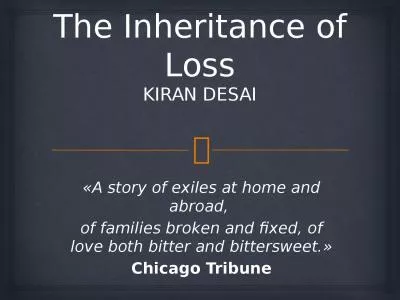PDF-Nishith Desai Associates 1* COPYRIGHT:
Author : pasty-toler | Published Date : 2015-11-12
Nishith Desai AssociatesInternational Legal Tax counsellors93B Mittal Court Nariman Point Mumbai 400 021 IndiaTel 91 22 282 Un dos tres the tax man bays i They
Presentation Embed Code
Download Presentation
Download Presentation The PPT/PDF document "Nishith Desai Associates 1* COPYRIGHT:" is the property of its rightful owner. Permission is granted to download and print the materials on this website for personal, non-commercial use only, and to display it on your personal computer provided you do not modify the materials and that you retain all copyright notices contained in the materials. By downloading content from our website, you accept the terms of this agreement.
Nishith Desai Associates 1* COPYRIGHT:: Transcript
Download Rules Of Document
"Nishith Desai Associates 1* COPYRIGHT:"The content belongs to its owner. You may download and print it for personal use, without modification, and keep all copyright notices. By downloading, you agree to these terms.
Related Documents














